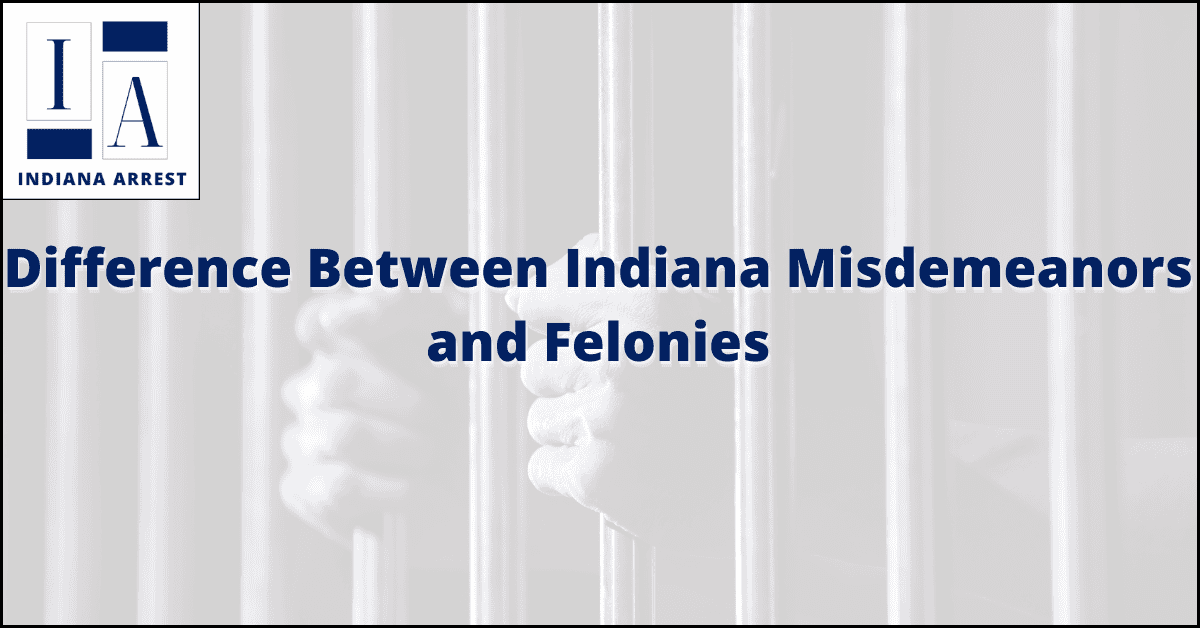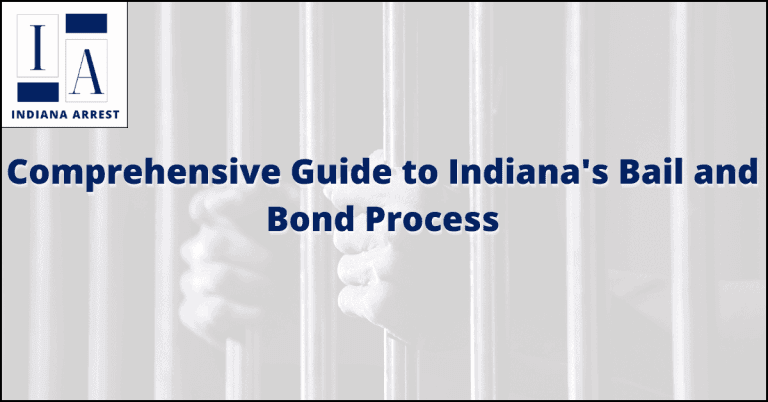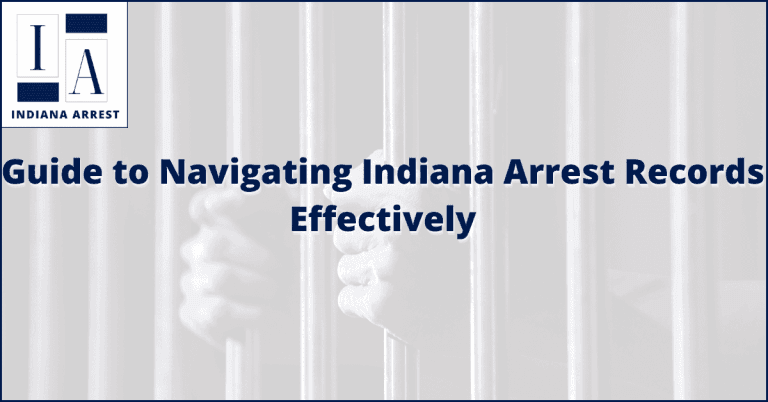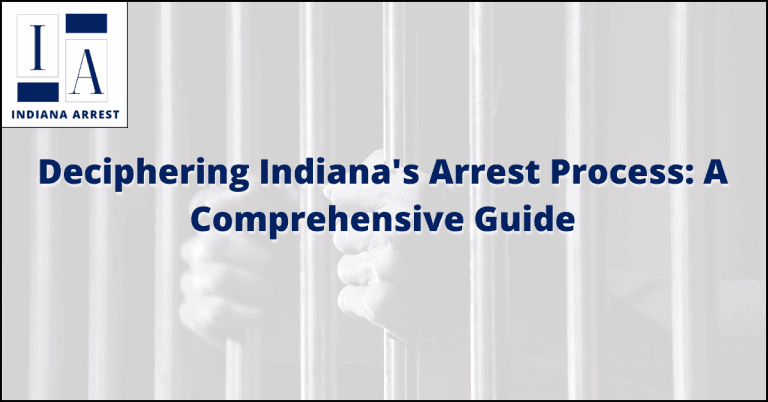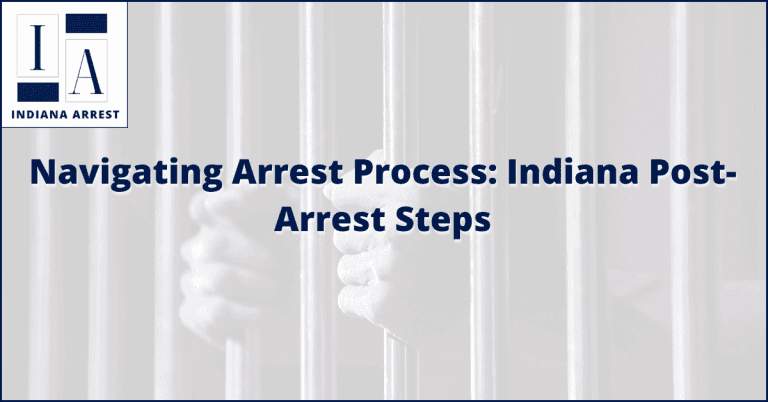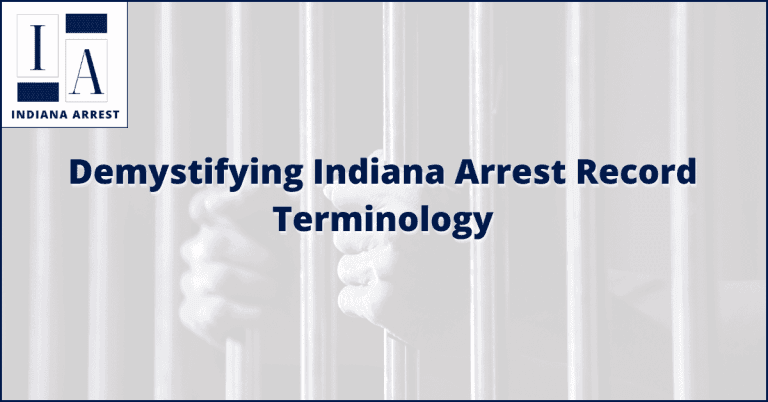Difference Between Indiana Misdemeanors and Felonies
Understanding the nuanced differences between misdemeanors and felonies is crucial within Indiana’s legal landscape. These distinctions play a pivotal role in shaping the severity of offenses and the corresponding legal consequences. In this comprehensive guide, we’ll explore the unique characteristics that set Indiana misdemeanors and felonies apart, providing insights into their classifications, potential penalties, and broader implications.
In the state of Indiana, as in many other jurisdictions, criminal offenses are broadly categorized into two main types: misdemeanors and felonies. These categories hold significant legal significance, affecting an individual’s rights, sentencing, and overall legal standing. To comprehend the intricacies of Indiana’s legal system, it’s essential to delve into the distinctions between these two classifications.
Definition of Misdemeanors and Felonies
Misdemeanors and felonies are the primary classifications used in Indiana to categorize criminal acts based on their severity. Misdemeanors encompass less serious offenses, while felonies pertain to more grave crimes. These categories serve as the foundation for determining the appropriate legal actions and the potential consequences a person may face upon conviction.
Classification and Grading
In Indiana, both misdemeanors and felonies are further classified into various levels, each reflecting the gravity of the offense. Misdemeanors are categorized into three classes: A, B, and C, each carrying specific penalties. Felonies, on the other hand, are divided into levels ranging from 1 to 6, with Level 1 being the most severe. This classification system has a direct impact on the potential prison time and fines associated with each conviction.
Penalties and Sentencing
The penalties associated with misdemeanors and felonies in Indiana vary significantly. Misdemeanors typically result in shorter jail terms, fines, probation, and community service. Felonies, on the other hand, carry more substantial penalties, including longer prison sentences, higher fines, and possible parole terms. The specific penalties depend on the classification of the offense and any previous criminal history of the individual.
Criminal Record Implications
One of the critical distinctions between misdemeanors and felonies lies in their implications on an individual’s criminal record. While misdemeanor convictions may appear on background checks, they might have relatively less severe long-term consequences. In contrast, felony convictions can significantly hinder employment prospects, housing opportunities, and other aspects of an individual’s life.
Rights and Restoration
Individuals convicted of misdemeanors and felonies in Indiana experience varying levels of rights and opportunities for restoration. Misdemeanor convictions often offer a smoother path to rights restoration and potential expungement, allowing individuals to regain certain privileges sooner. Felonies, however, typically entail a more complex legal process for rights restoration, and expungement might not be an option for all felony convictions.
Legal Process for Misdemeanors and Felonies
The legal procedures for handling misdemeanor and felony cases in Indiana differ due to the differing severity of the offenses. Misdemeanor cases usually follow a simpler legal path, involving shorter court proceedings and potentially faster resolutions. Felony cases demand more intricate legal procedures, including grand jury indictments, lengthy trials, and more comprehensive legal representation.
FAQs
Can a felony conviction in Indiana ever be expunged?
While Indiana law does provide for the expungement of certain felony convictions, specific eligibility criteria and waiting periods apply. Consulting with a legal professional can help determine whether your particular situation qualifies for expungement.
How do prior convictions impact the penalties for current offenses in Indiana?
Prior convictions, whether misdemeanors or felonies, can influence the penalties for subsequent crimes in Indiana. The state employs a sentencing enhancement system that considers an individual’s criminal history when determining the penalties for new offenses. This can result in heightened penalties for repeat offenders.
What is the main distinction between misdemeanors and felonies in Indiana?
Misdemeanors and felonies in Indiana are categorized based on the seriousness of the offense. Misdemeanors are less severe crimes, while felonies are more serious offenses with harsher penalties.
How are misdemeanors classified in Indiana?
Misdemeanors in Indiana are classified into three categories: Class A, Class B, and Class C. Class A misdemeanors are the most serious, followed by Class B and then Class C misdemeanors.

